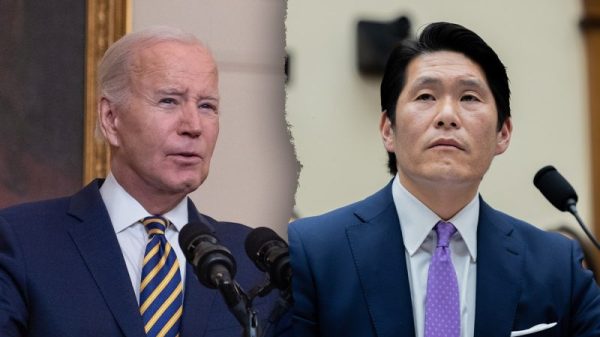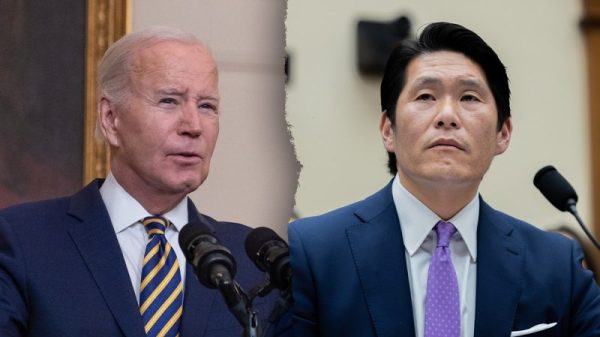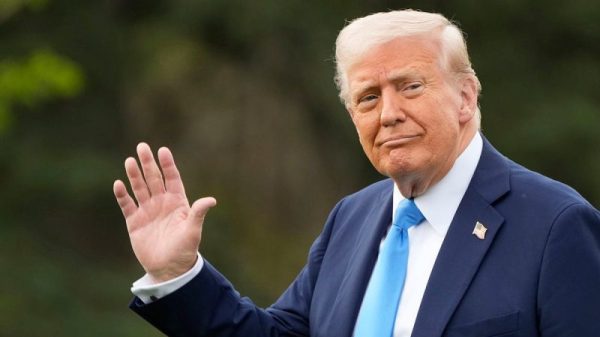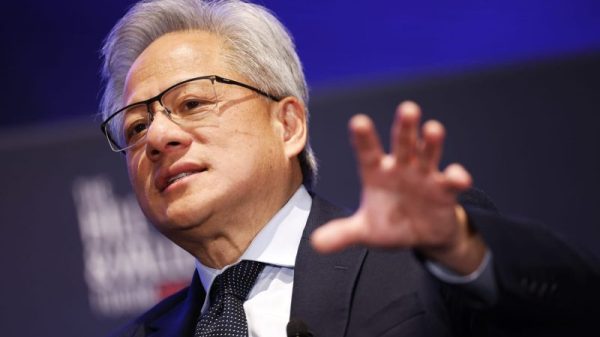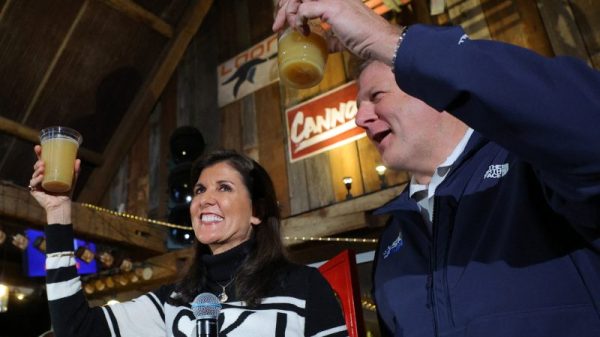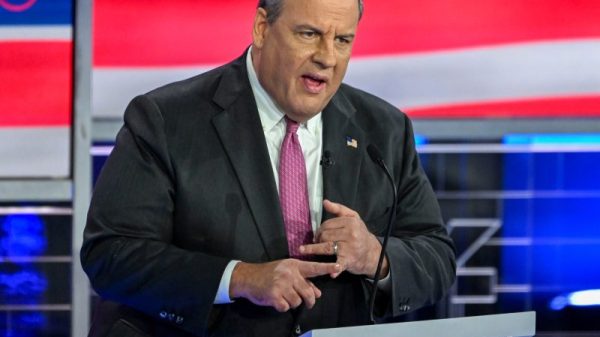New Zealand’s Native Revamp: The Radical Changes Ahead!
New Zealand’s native political landscape seems set to undergo a major transformation as the National Party, under the leadership of Christopher Luxon, forms a new three-party coalition government. From Indigenous rights to tax policies and central bank mandates, here’s a breakdown of the groundbreaking developments on the horizon.
National Party’s Resurgence
After six years of left-leaning governance by the Labour Party, the centre-right National Party is now leading the country. Moreover, it forged an alliance with the populist New Zealand First Party and the libertarian ACT New Zealand. Luxon, the incoming Prime Minister, exuded confidence, emphasizing a vision for a better New Zealand through effective leadership and policies.
Controversial Indigenous Policies
The coalition agreement reveals plans to roll back the use of the Maori language and review affirmative action policies. Despite widespread debate, a proposal for a referendum on the interpretation of the Treaty of Waitangi, a foundational document, has been put to rest. Meanwhile, outgoing Labour Prime Minister Chris Hipkins expressed concern that these changes might set back progress on Maori issues by several decades.
Economic Policy Overhaul
Luxon outlined significant economic shifts. That includes amendments to the Reserve Bank of New Zealand Act 2021. Moreover, the new government plans to remove the dual mandate on inflation and employment. That will refocus monetary policy solely on price stability. Plans to cut personal income taxes also aim to ease the burden on middle-income voters grappling with the rising cost of living in New Zealand.
Mixed Signals on Climate and Tobacco
Furthermore, the new government plans to repeal the ban on offshore oil and gas exploration and the ban on selling cigarettes to future generations. However, it has shelved the proposal to open up the housing market to foreign buyers and fund tax cuts through these purchases.
Strategic Foreign Affairs Moves
Winston Peters, the leader of NZ First, will take on the role of foreign minister for the third time. In a press conference, Peters emphasized the importance of foreign affairs. He also spoke about the need for consistent treatment regardless of New Zealand’s native size.
Diverse Coalition Cabinet
The new coalition cabinet, featuring a mix of seasoned politicians and newcomers, will be sworn in on Monday. Key roles include National Party deputy leader Nicola Willis as finance minister and Winston Peters as foreign minister.
Political Dynamics and Popular Discontent
The rise of right-leaning parties over the past year reflects growing frustration with the previous Labour government. That is mainly due to their strict COVID restrictions and escalating living in New Zealand costs. Thus, Luxon, a political newcomer and former CEO of the national airline, assumes leadership amid these changing tides.
As New Zealand’s native landscape braces for this political transformation, the nation watches closely to see how these radical changes will shape its future. From Wellington, New Zealand’s native capital, to the intricacies of the New Zealand dollar, these developments resonate across the country. As the dust settles, the implications of this native political reshaping on the everyday lives of those living in New Zealand remain to be seen.
BONUS VIDEO: Weekly news summary from the markets
The post New Zealand’s Native Revamp: The Radical Changes Ahead! appeared first on FinanceBrokerage.



